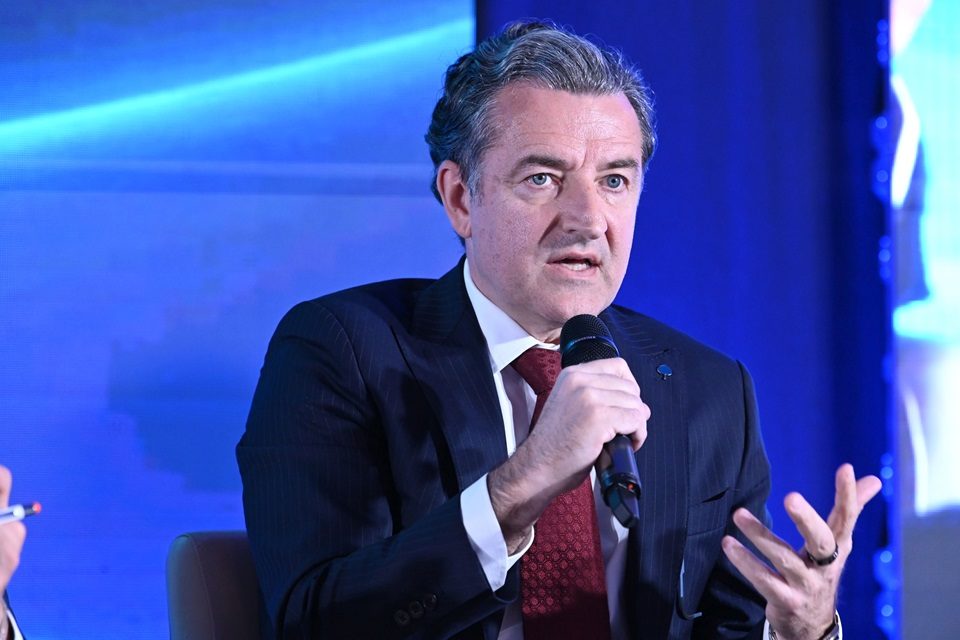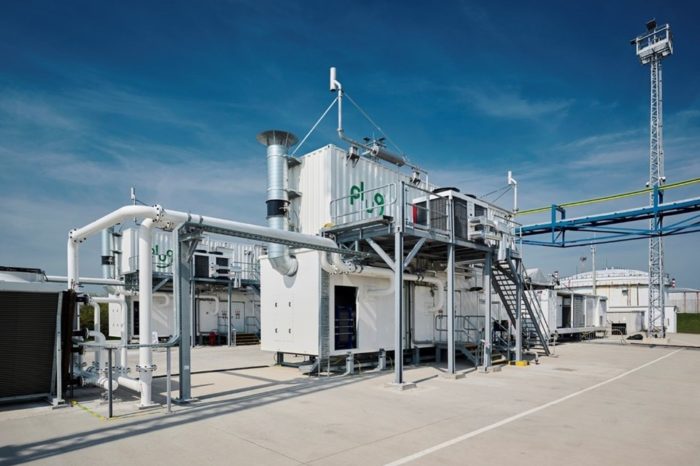Corneliu Bodea, Adrem: “We need to align our regulatory directions to speed up the investments in the energy sector”

“The subject related to the Energy Strategy puts me in a somewhat defensive position, because as a member of the Honorary Council of the Minister of Energy, whose objective is to work on the Energy Strategy, I have to defend this initiative and I do so with authenticity. I’m not doing it just because I’m a member of this board. I want to tell you that in the last six months, starting from October-November, this Council has worked quite intensively in outlining what will be the new Energy Strategy of Romania. This document is to be finalized by the ministry soon and proposed in public debate, on which occasion we will all be able to express our opinion. I want to tell you that this document is based on three major principles, principles recognized worldwide, because they are the principles established a few years ago by the World Energy Council, namely: security, accessibility and sustainability. Then there are nine core principles, strategic principles on which the document is based,” Corneliu Bodea, CEO Adrem and president of the Romanian Energy Center (CRE) said during Energy CEO Forum organized by The Diplomat-Bucharest.
“The idea is that at a strategic level, the vision regarding Romania’s energy future is quite clear. Romania’s commitments in this sense are also clear and will be supported by what will be the new Energy Strategy. But, moreover, they are already assumed through other documents, through targets that Romania has accepted or is negotiating, including PNIESC, which is a more complicated document, for that, unlike the strategy, it contains concrete projects, concrete targets and that is why it must go through this consultation and approval, including with the Ministry of the Environment.
We also have money. It is very important that we have money. Probably our generation of engineers, specialists in the field of energy benefits from the most prolific, the best, the most optimistic period for many years from this point of view, because we benefit from enormous financial sources. We are talking about tens of billions, the Modernization Fund, PNRR and other sources, including private financing. And we see an extremely large appetite of private funds, of companies that invest with money from the bank or with their own money in energy projects. We have money, we have targets, we will also have an approved strategy. What don’t we have? We are missing two very important things, in my opinion, and this is where we must focus. We don’t have time, and it’s serious not to have time, because time is a difficult resource to manage. We don’t have time because we have some targets that are very close to us.
We have targets for 2030 and we have no coherence. We have no coherence because we are not aligned with certain things. And I’ll give just one example: we have a strategy aimed at increasing the degree of network intelligence, investments in digitalization. Instead, we have the risk that the main beneficiaries of investments in digitization, i.e. the energy transport and distribution infrastructure, will not be able to benefit from the recognition they deserve of these costs in terms of regulation in the coming period.
We need to align our regulatory directions very well. It is imperative that we create the conducive debate framework to be able to align all regulatory directions in such a way as to speed up the investment process and give it coherence.”














